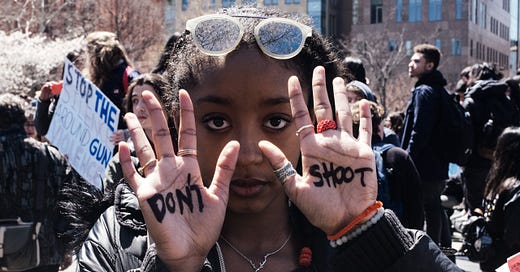I don’t recall what exactly he said—I just remember throwing my inch-thick biology book end-over-end at the back of his head. It had been weeks of relentless “your mom” jokes and the like, but what I felt as the book thudded against his skull was not righteousness but helplessness. And that feeling only intensified when he—twice my size—picked me up by …
Keep reading with a 7-day free trial
Subscribe to The Objective Standard to keep reading this post and get 7 days of free access to the full post archives.




